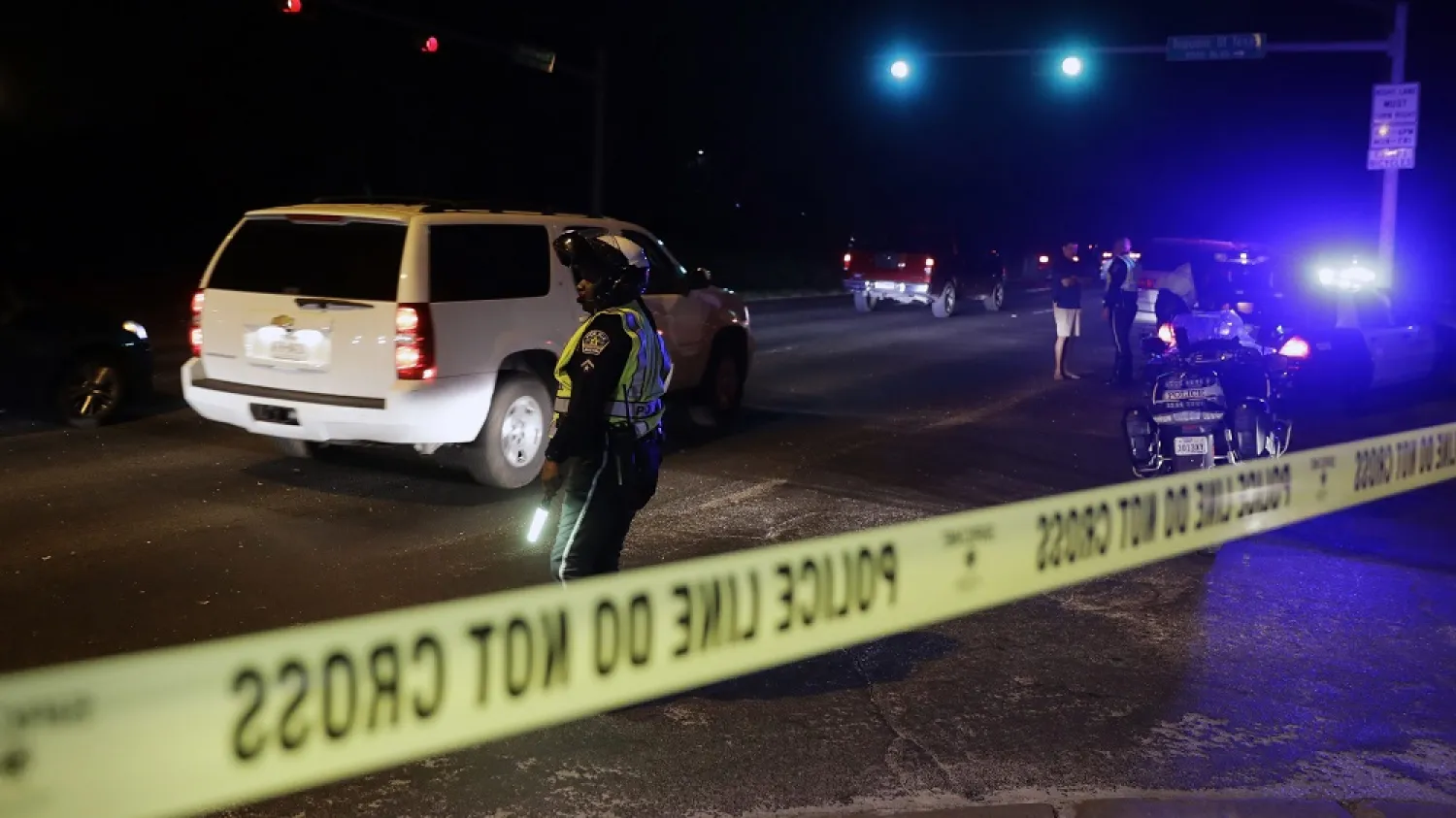A homemade package bomb exploded on Tuesday at a FedEx Corp distribution center near the US city of San Antonio, Texas, wounding one employee.
This marks the fifth such explosion in the state so far this month.
Authorities have already been on alert for a “serial bomber”, whose first three parcel bombs were left on residential doorsteps. The fourth bomb, which went off on Sunday, was apparently set off by a trip wire. The attacks have left two people dead and six injured.
Police warned that the latest bomb had a more sophisticated design than the others.
Tuesday’s bomb was bound for Austin, the site of the four other bombings.
The package exploded shortly after midnight local time (0500 GMT) at a distribution facility in Schertz, Texas, outside San Antonio, about 65 miles (105 km) south of Austin, the San Antonio Fire Department said on Twitter.
Agents from the Federal Bureau of Investigation and the Bureau of Alcohol, Tobacco, Firearms and Explosives were on the scene and investigating, fire officials said. They did not give the address for the package.
“We are investigating it as being possibly related to our open investigation,” FBI spokeswoman Michelle Lee told the Austin American-Statesman newspaper. “We can’t know for sure until we have an opportunity to look at the evidence itself.”
The wounded employee, who was not identified, was taken to a hospital with injuries that officials described as non life-threatening. About 75 people were working at the facility at the time, fire officials said.
The four devices were similar in construction, suggesting they were the work of the same bomb maker, officials said.
FedEx officials could not be reached immediately comment.
The first two bombs killed black men and investigators believed that the third, which injured a Latina woman, may have been intended for a black family's home, police said, raising the possibility they were a hate crime.
Sunday's trip wire bomb, which injured two white men, went off shortly after police made a rare public call to the suspect to explain his motives.
Authorities repeated prior warnings about not touching unexpected packages and also issued new ones to be wary of any stray object left in public, especially one with wires protruding.
"We're very concerned that with tripwires, a child could be walking down a sidewalk and hit something," Christopher Combs, FBI agent in charge of the bureau's San Antonio division, said in an interview.
Local and state police and hundreds of federal agents are investigating, and the reward for information leading to an arrest has climbed to $115,000.
"We are clearly dealing with what we believe to be a serial bomber at this point," Austin police Chief Brian Manley said, citing similarities among the four bombs. He would not elaborate, though, saying he did not want to undermine the investigation.









